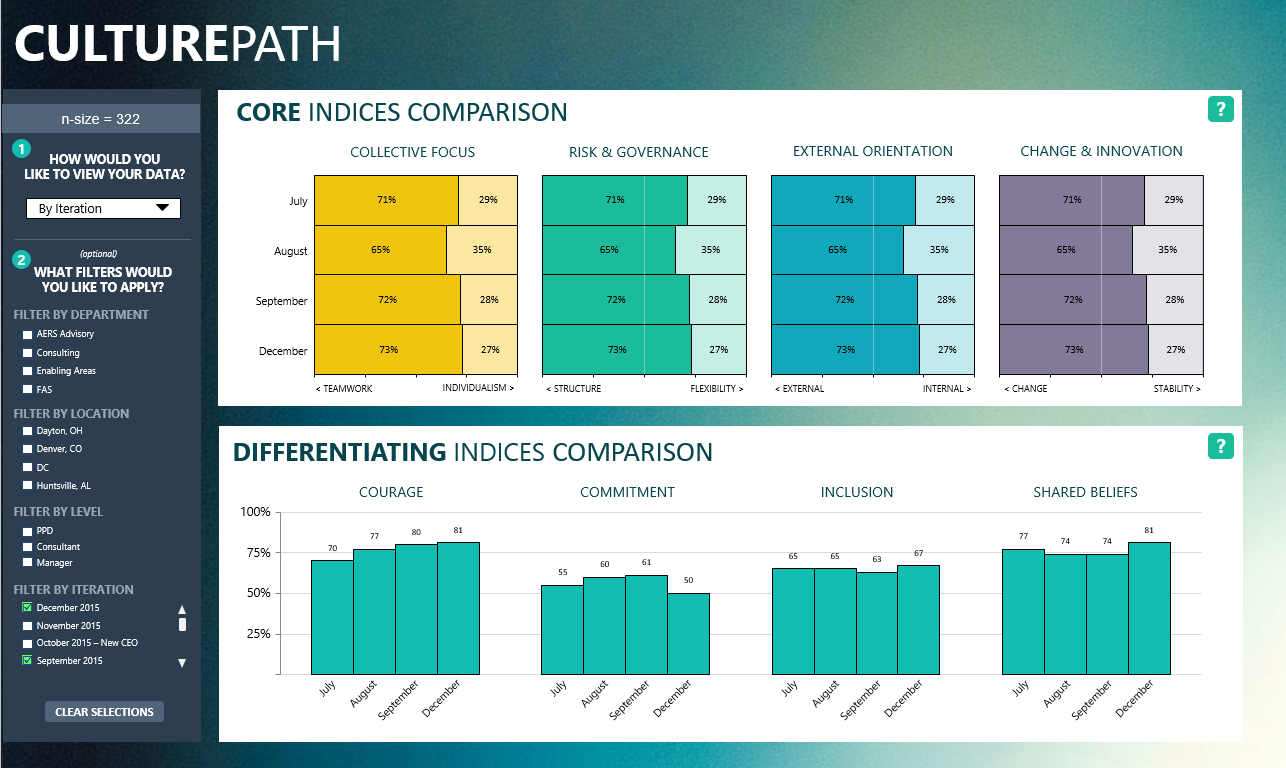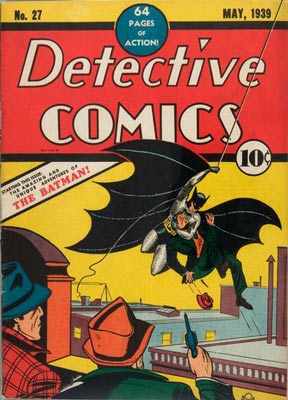HRE Column: Rethinking Culture and Strategy
Here is my semi-frequent reminder and pointer for blog readers that I also write a monthly column at Human Resource Executive Online called Inside HR Tech and that archives of which can be found here.
As usual, the Inside HR Tech column is about, well, HR Tech, (sort of like I used to write about all the time on this blog), and it was inspired by a recent HR Happy Hour Show that Trish McFarlane and I did with Anthony Abbatiello from Deloitte, and that focused (primarlily) on the connection between organizational culture and business strategy. This was a great conversation, and I encourage you check it out.
On the show, Anthony also talked about a new software product from Deloitte called CulturePath, designed to help organizations not only understand and assess their culture, but to also help HR and business leaders with the critical task of aligning culture with business strategy. Since I thought the show was so interesting, and the product incredibly interesting, it was the topic of my latest column for HR Executive.
Here is an excerpt from the HRE column, 'Rethinking Culture and Strategy':
From HR Executive...
The "Culture is King" folks sometimes would make us think that a "fun" or "flexible" or "inclusive" culture (or whatever other adjective you prefer that connotes some kind of healthy or desirable culture) is all, or at least nearly all, any organization needs for success.
This point of view conveniently ignores the idea that, no matter how much free food, foosball tables and flexible-work arrangements an organization has, if they don't have a compelling product or service that meets a true market need, and have recruited and retained the "right" set of talented people to execute on the strategic plans, then all the great organizational culture in the world will still result in failure.
Plus, it ignores the fact that, for just about every successful organization, the business strategy was formulated first, and then the culture developed around that strategy and through the organization's people.
So what I am really saying is that culture can't -- and doesn't -- exist in some kind of vacuum. It has to co-exist and be in alignment with the organization's strategy and resonate with the actual people who inform the culture and execute the strategy.
My belief that we can't consider culture alone when thinking about what makes an organization successful is probably why I am really impressed with a new technology solution I have recently become familiar with: CulturePath, from the consultancy and advisory firm Deloitte. This solution represents an interesting and important evolution in how we think about culture, strategy and people in the organization.
The CulturePath solution surveys employees in the organization and then analyzes the aggregated data to measure the organization's cultural attributes across a spectrum of core indices such as collective focus, external orientation, and change and innovation, as well as differentiating indices such as courage, commitment and shared beliefs. The goal is to assess how well the attitudes and behaviors of employees align with, and support, the desired business strategy...
Read the rest at HR Executive...
Good stuff, right? Darn right it is. Ok, just humor me... And be sure to check out the HR Happy Hour Show where Anthony Abbatiello from Deloitte talks culture, strategy, and technology.
If you liked the piece you can sign up over at HRE to get the Inside HR Tech Column emailed to you each month. There is no cost to subscribe, in fact, I may even come over and take your dog out for a walk or dig your car out of the snow if you do sign up for the monthly email.
Have a great day and rest of the week!
 Culture,
Culture,  Technology tagged
Technology tagged  HR,
HR,  HR Tech,
HR Tech,  HRExec,
HRExec,  Technology,
Technology,  culture,
culture,  strategy
strategy  Email Article
Email Article 
 Print Article
Print Article 



